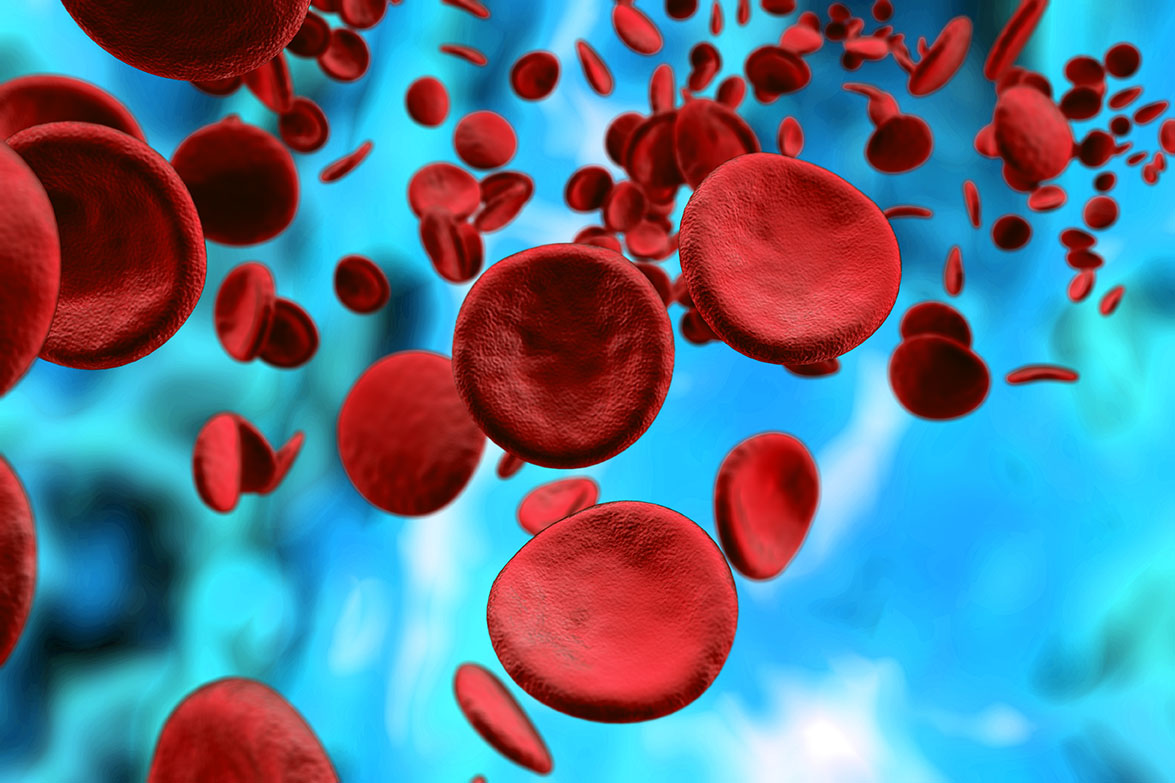

Serum is the clear liquid part of blood that remains after the blood cells and clotting factors have been removed. It contains proteins, antibodies, and other substances that are important for the body's immune system.
Serum proteins are essential for many bodily functions, including:
The serum was used to treat the patient's infection.

Noun:
The word "serum" comes from the Latin word "serum", which means "whey".
The first recorded use of the word "serum" in English was in the 14th century.
The word "serum" is a Latin word, and it is related to the English word "serous".
What is serum?
Question:
Explain the significance of serum in medical diagnostics and its role in detecting and monitoring various health conditions.
Answer:
Serum plays a crucial role in medical diagnostics as a valuable fluid for assessing health and detecting medical conditions. Serum is the clear, cell-free portion of blood obtained after coagulation, and it contains a multitude of proteins, hormones, electrolytes, and other biomolecules that provide insights into a person's physiological state.
One significant application of serum analysis is in clinical chemistry tests, which help diagnose and monitor a range of diseases. These tests measure specific components in the serum, such as glucose, cholesterol, liver enzymes, and electrolytes. Abnormal levels of these substances can indicate conditions like diabetes, heart disease, or liver dysfunction.
Serum also serves as a reservoir for antibodies produced in response to infections or vaccinations. Antibody levels in serum can help identify past or current infections, and antibody titer changes can indicate a person's immune response.
Furthermore, serum markers, such as tumour markers, are used to detect specific cancers and track their progression or response to treatment. For example, elevated levels of prostate-specific antigen (PSA) can suggest prostate cancer, and monitoring changes in PSA levels helps assess treatment effectiveness.
Address
Developing Experts Limited
Exchange Street Buildings
35-37 Exchange Street
Norwich
NR2 1DP
UK
Phone
01603 273515
Email
hello@developingexperts.com
Copyright 2025 Developing Experts, All rights reserved.